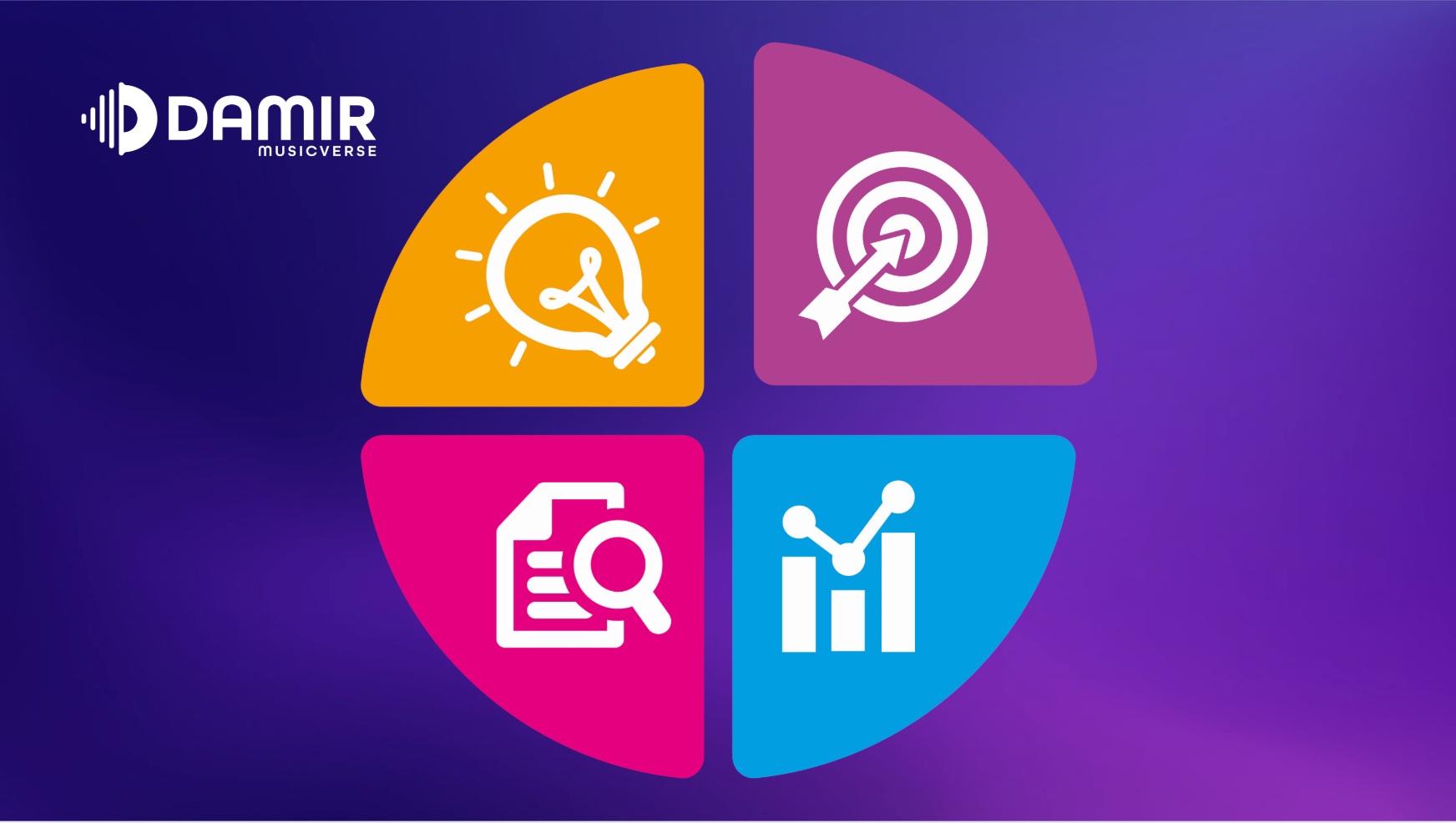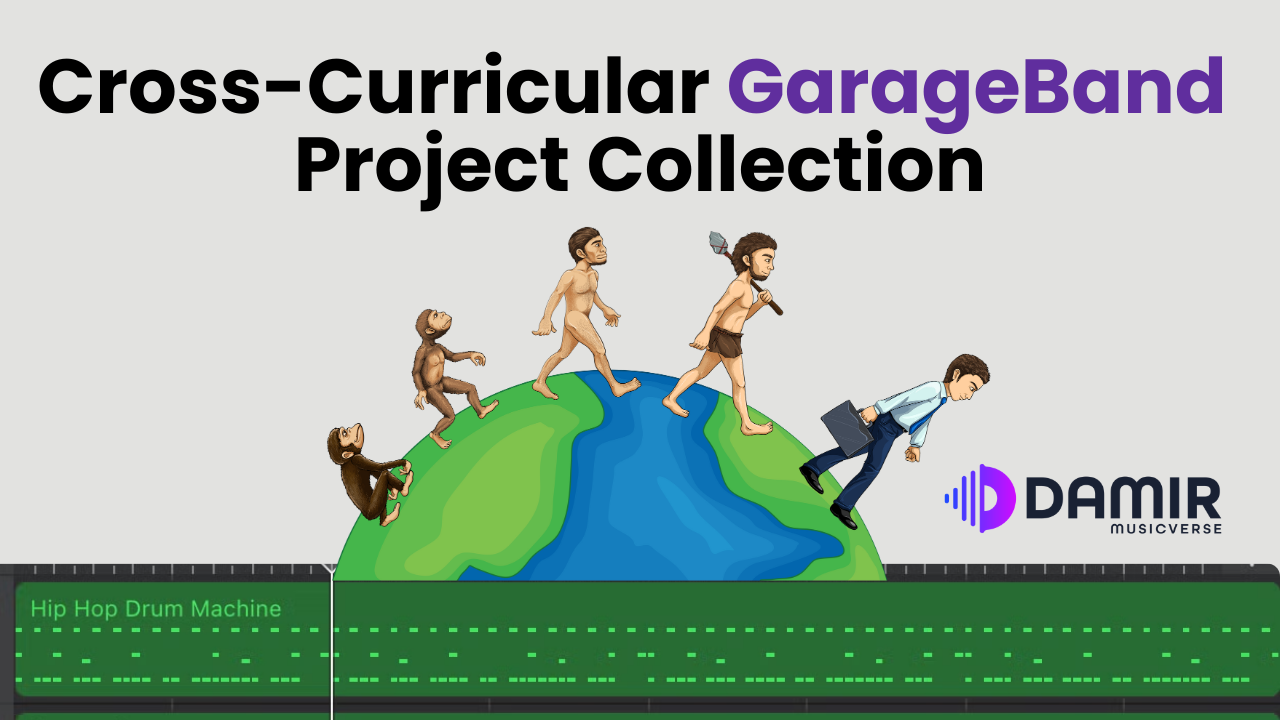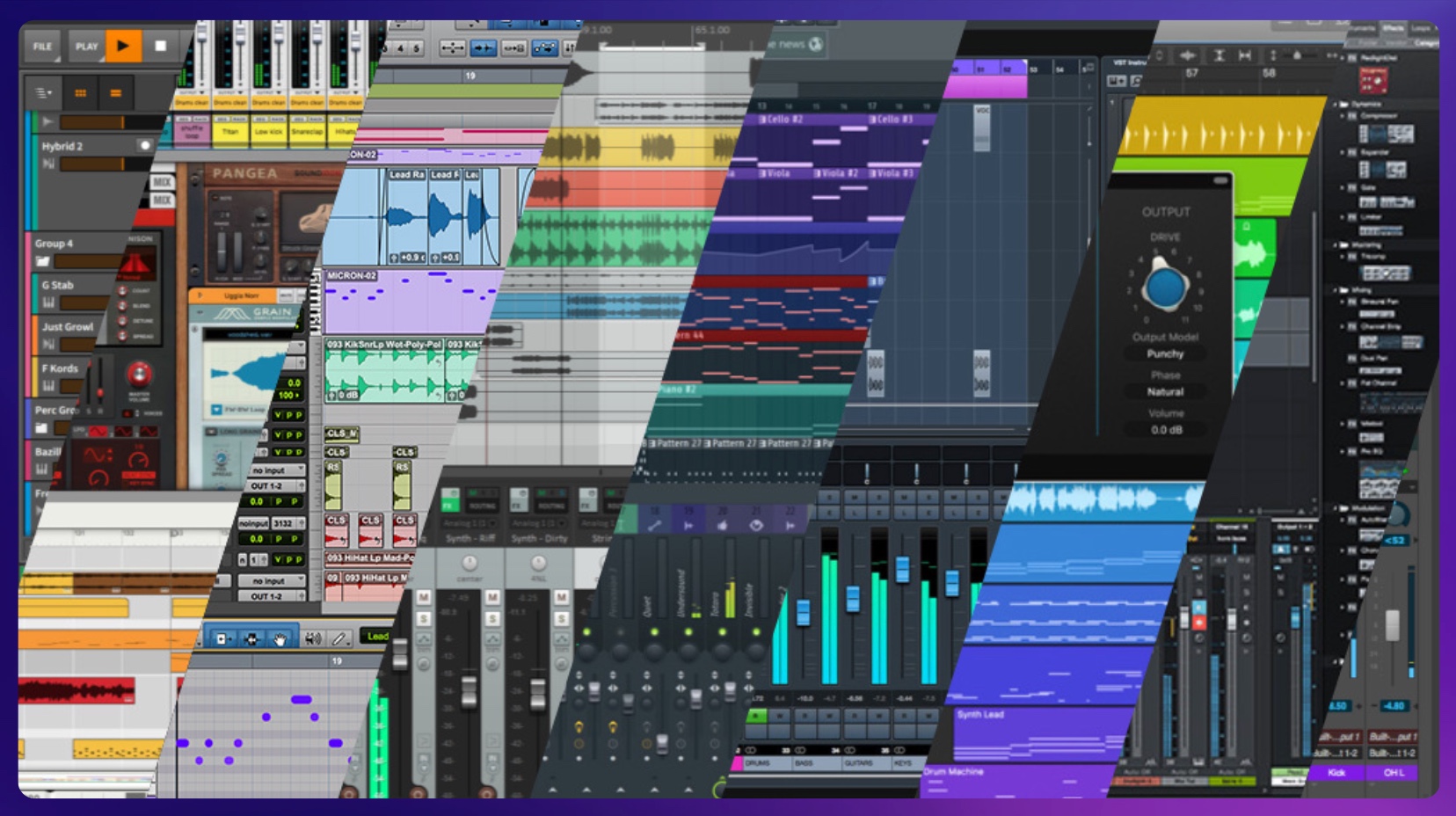
As another school year draws to a close, it’s time for us (music teachers) to do more than just pack up the instruments. This is a golden opportunity to reflect, reset, and prepare strategically in order to celebrate this year’s wins while laying a solid foundation for the next.
After 10+ years of combining traditional music instruction with cutting-edge educational technology, I’ve learned that the best way to end a school year is by collecting insight and making it work for you.
Here are the essential steps to help you finish the year strong and gear up for a smoother, smarter start next semester.
This article also includes three free resources: end-of-year surveys for both students and teachers, together with the holiday homework I am using with my middle school music students.
Let’s dive in!
1. Reflect Before You Reset
Before you look ahead, take time to look back. Identify what worked, what didn’t, and where the magic happened in your classroom. You can brainstorm on these questions on your own or with other members of your department, unless you are a ‘one-man band.’
Key Questions:
Which projects or units brought the most engagement?
Where did students struggle—and why?
Which tools (digital or traditional) made your life easier?
If you used a structured curriculum, this is your chance to update timelines, adjust assessment strategies, and highlight activities that stood out.
✅ Pro Tip: Organize your digital materials now (recordings, worksheets, lesson slides) so next year’s prep won’t be a scavenger hunt.
2. Let Students Have the Final Word
Gathering honest feedback from students is one of the most valuable (and underused) practices. It can guide your teaching and show students that their voices matter.
🔗 Use this template:
End-of-Year Student Survey
Best Survey Prompts:
What unit or activity did you enjoy most?
What made learning music fun or frustrating?
How confident are you now compared to the start of the year?
✅ Pro Tip: Give students a few minutes during class to complete the survey; this data can be really insightful.
3. If You Lead a Department: Ask Your Teachers Too
If you’re a head of music, gathering insights from your teaching team can be just as eye-opening.
Ask:
Which resources felt lacking?
What student behaviors or challenges stood out?
What tech tools saved time or failed?
🔗 Survey template:
End-of-Year Teacher Survey
This feedback can help align department goals, plan PD needs, and improve collaboration across grade levels.
4. Clean Up Your Teaching Toolkit
Use this moment to:
Inventory instruments and classroom equipment including tech.
Update your sheet music library (label it by difficulty or genre).
Back up lesson plans, student recordings, and compositions.
- Think about the department’s purchasing needs (first order in September)
✅ Digital file management tip: Create folders by Grade + Unit (e.g., “G7 | GarageBand Movie Score”), then tag key files with year/date.
5. Plan Ahead with Purpose
Don’t wait until August prep week to plan. Start now while this year’s challenges and highlights are still fresh.
Do this:
Draft a rough timeline of next year’s themes or major projects.
Bookmark new ideas or tools you didn’t get to try this year.
Discuss with your HOD and other colleagues about next year’s ideas
- Schedule summer PD or online courses on areas you want to grow in (music tech, classroom management, AI in education, etc.).
🔥 Power Move: Take one day before the break to brainstorm fresh cross-curricular ideas or new performance formats.
Final Thoughts
Closing the year with intention helps you open the next one with confidence. By combining student and teacher feedback with strategic cleanup and planning, you’re set to master the next school year.
As music educators, we orchestrate more than lessons—we shape meaningful, creative journeys.
Let’s make sure each new year starts stronger than the last.
Thank you for reading, and don’t forget to access the article resource here.
Enjoyed this post? Join a community of forward-thinking educators! Subscribe now for exclusive access to free resources, tips, and tools to transform your music classroom with EdTech.

